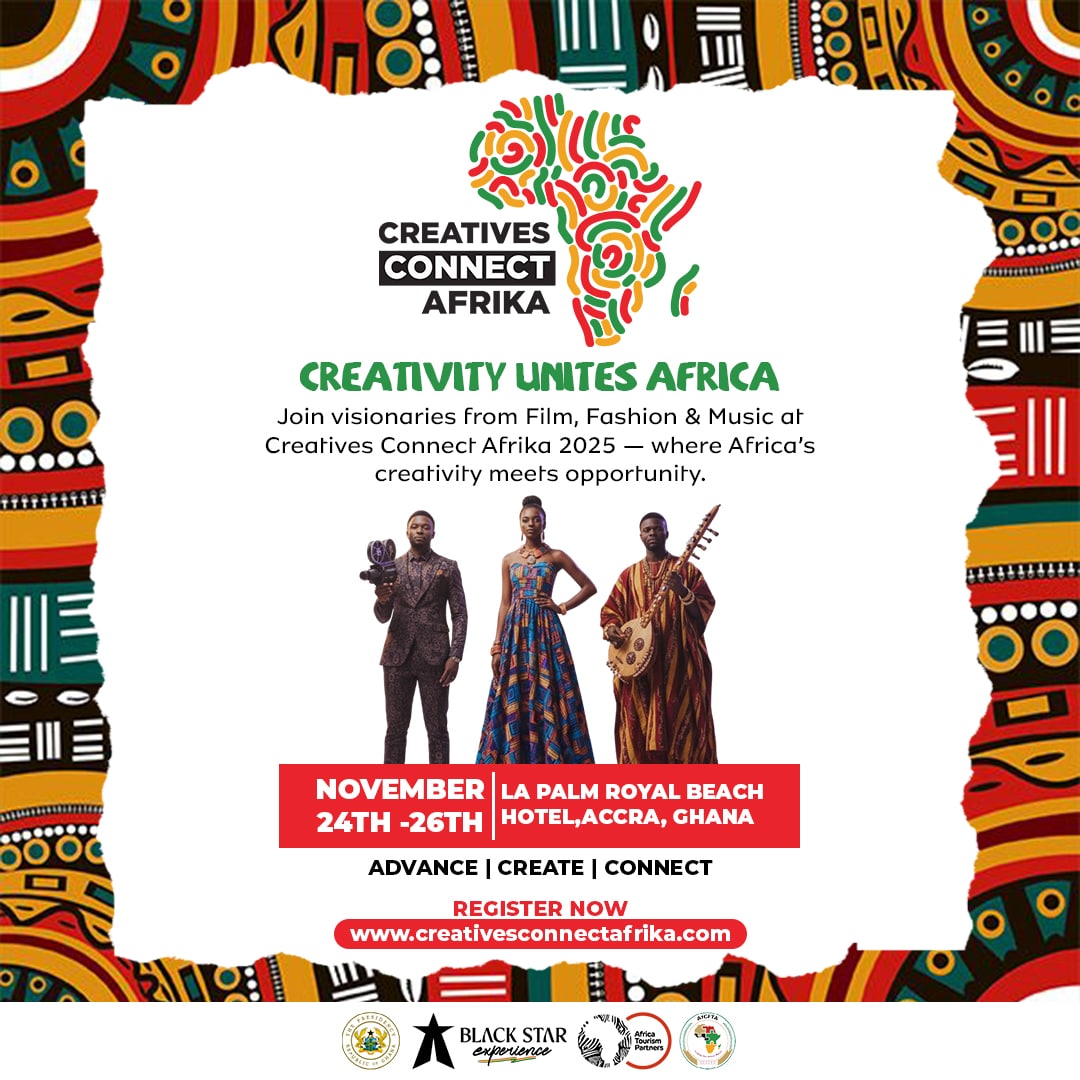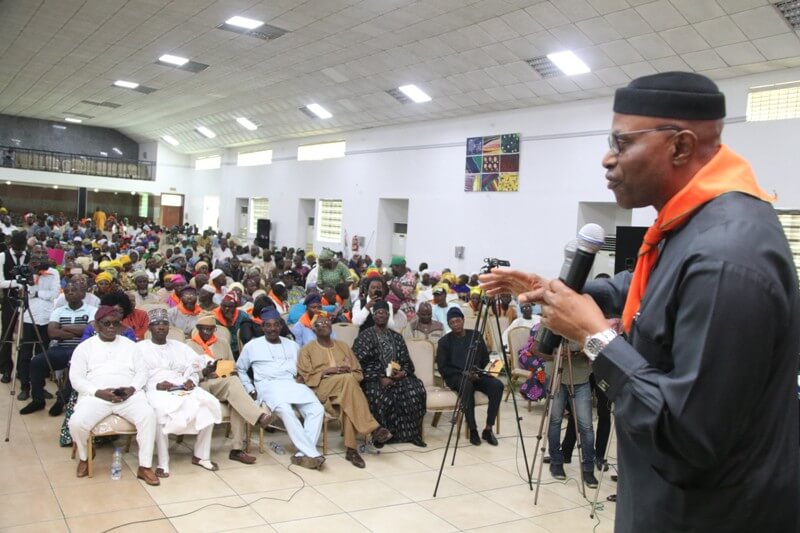In a bold and thought-provoking commentary, Afro-fusion trailblazer Sean Dampte has entered the fray surrounding the widely publicised altercation involving Fuji music icon King Wasiu Ayinde Marshal, popularly known as K1, and ValueJet Airlines. The incident, which has sparked heated debates across social media and beyond, has prompted Dampte to call for a critical examination of the boundaries between artistic brilliance and reckless behaviour, emphasising that leadership—whether in music or any other sphere—carries with it an inherent responsibility to set a positive example.
The controversy unfolded at Nnamdi Azikiwe International Airport in Abuja, where K1 allegedly attempted to board a ValueJet flight while carrying an alcoholic beverage, an act that contravenes strict aviation regulations. According to eyewitness reports circulating online, the situation escalated when the drink inadvertently spilled on a female aviation security officer during a confrontation, leading to significant disruption.
The fallout was immediate and severe: the flight was grounded, causing delays for other passengers, and K1 now faces a six-month no-fly ban, ongoing investigations by aviation authorities, and the looming possibility of legal repercussions.
The incident has ignited a firestorm of opinions, with some defending K1’s status as a cultural icon, while others condemn what they perceive as a blatant disregard for rules.
Sean Dampte, a UK-based Nigerian artist celebrated for his genre-blending Afro-fusion sound and his commitment to integrity in the entertainment industry, took to his Instagram Story to share his perspective on the matter.
In a series of posts, he addressed the incident with a blend of candor, nuance, and a call for accountability, urging fans, followers, and the media to reflect on the broader implications of excusing celebrity missteps simply because of their fame.
 In his initial post, Dampte wrote:
In his initial post, Dampte wrote:
“Power and life are transient. What we do during our lifetime will be our greatest contribution to mankind. Let’s not forget that our actions, especially those of people in the public eye, leave a lasting impact.”
This statement set the tone for his broader commentary, which challenged the tendency in Nigerian society to overlook or rationalize the misbehavior of celebrities. Dampte, known for his introspective and socially conscious approach to music, went further, pointing out the double standards that often come into play when high-profile figures are involved in controversies:
“Let’s be honest. If this was an ordinary person—an everyday Nigerian trying to board a flight with alcohol and causing a scene—we wouldn’t be debating it. The law is the law, and it applies to everyone. We cannot keep moving the goalpost just because someone has a microphone and a stage. Fame doesn’t grant immunity.”
 In a subsequent post, Dampte elaborated on the need to distinguish between artistic creativity and irresponsible behaviour, acknowledging the immense contributions of musical legends like K1 while emphasising that their status does not exempt them from accountability:
In a subsequent post, Dampte elaborated on the need to distinguish between artistic creativity and irresponsible behaviour, acknowledging the immense contributions of musical legends like K1 while emphasising that their status does not exempt them from accountability:
“I’d rather stay away from Nigerian drama, but this situation is different. It’s a moment for us to learn and grow as a society. We must separate craziness from creativity. Yes, we celebrate legends who have elevated our music, taken our culture to global stages, and inspired generations. But we cannot lose our sense of reason and start justifying nonsense in the name of fandom or admiration.”
Dampte’s remarks underscore a broader cultural conversation about the expectations placed on public figures. He argued that icons, whether in Fuji, Afrobeat, or other fields, are not merely entertainers but role models whose actions have a ripple effect on their audiences and society at large:
“When you’re a leader, whether as a Fuji icon, an Afrobeat star, or a business mogul, your influence extends far beyond your craft. Your actions shape perceptions, inspire behaviors, and set standards. We expect more from those who lead, not because they’re perfect, but because their platform amplifies their impact. Icons aren’t just hitmakers—they set the pace for what’s acceptable.”
While critical, Dampte’s commentary was not without empathy. In a final reflection, he suggested that the situation could have been handled with greater discretion and mutual respect, offering a balanced perspective that acknowledged the complexities of the incident:
“In hindsight, this entire matter could have been resolved quietly and respectfully—behind closed doors, with maturity on all sides. But here we are, and it’s a teachable moment. Talent does not excuse entitlement. Respect must flow both ways, between the individual and the systems that govern us all.”
Dampte’s intervention in the K1 x ValueJet saga has resonated with many, sparking discussions about accountability, privilege, and the responsibilities of fame. His willingness to address the issue head-on, while maintaining a tone of respect and reflection, has further cemented his reputation as an artist who uses his platform to provoke thought and inspire change. As the controversy continues to unfold, Dampte’s words serve as a reminder that fame, while a powerful tool, should never be a shield against accountability.











